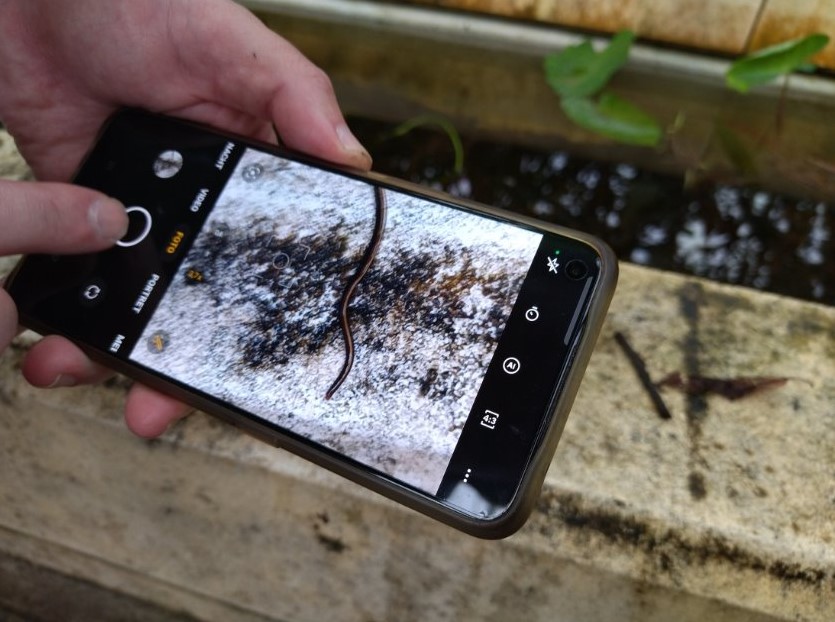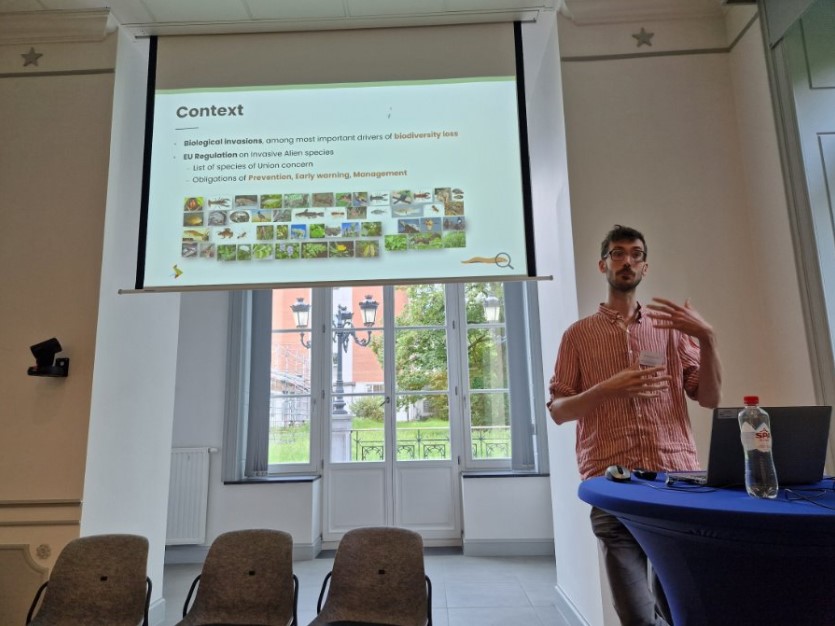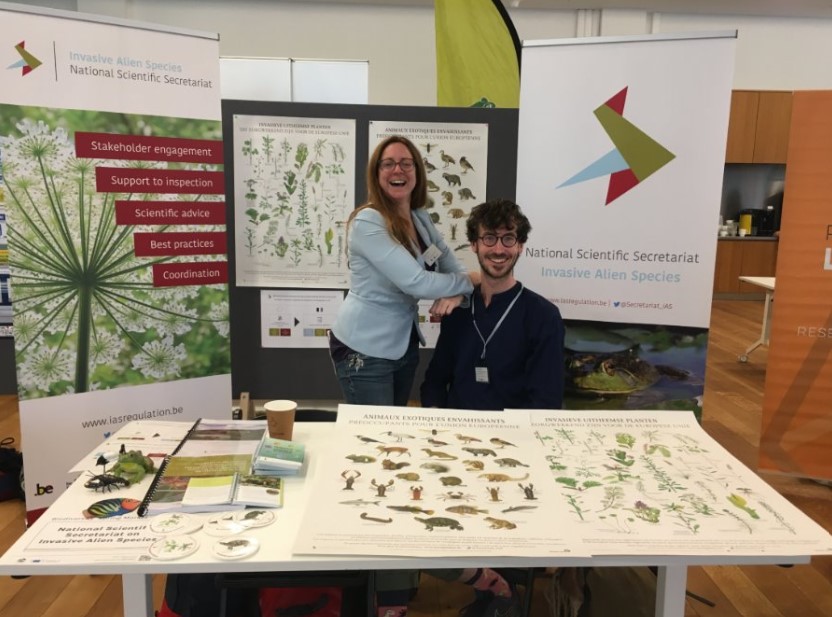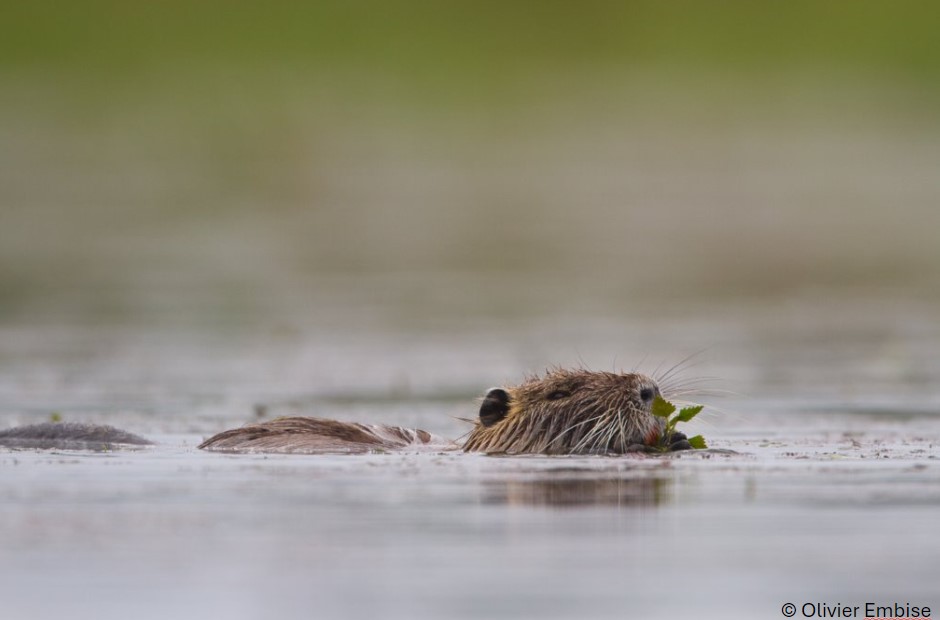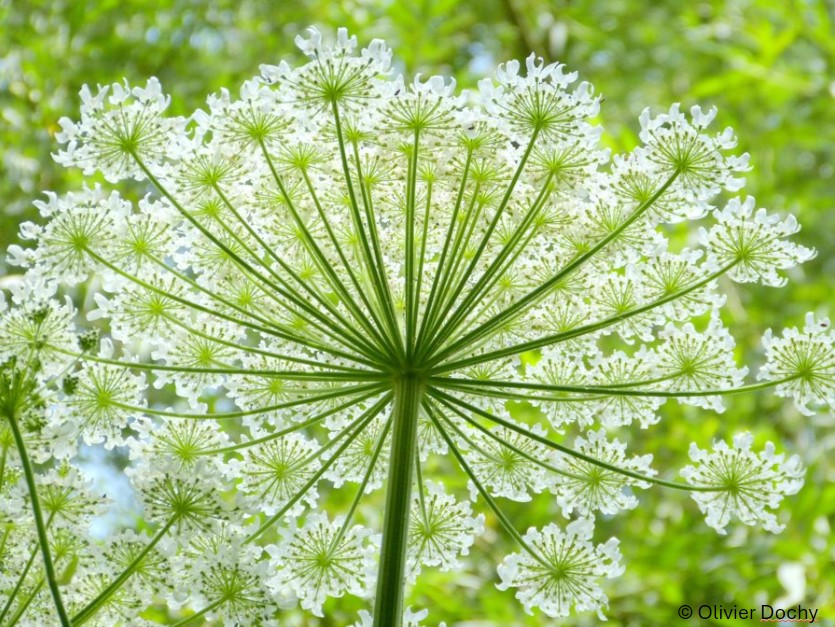Arnaud Jacobs
Natural Environment
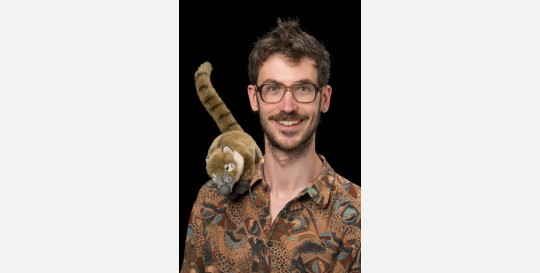
- arnaud.jacobs@naturalsciences.be
- +32 2 627 45 25
- 0000-0001-5952-2581
Arnaud Jacobs is a scientific officer at the Belgian National Scientific Secretariat on Invasive Alien Species. Holding a PhD in plant ecology, he has built up expertise on biological invasions on which he provides advice and recommendations to policymakers.
Researchgate LinkedIn X Google Scholar
Function
Arnaud works as a scientific officer at the National Scientific Secretariat on Invasive Alien Species (NSSIAS) which is a scientific body in charge of ensuring the expertise necessary for the coordinated implementation of the EU IAS regulation in Belgium. His tasks include providing identification tools and trainings to support the official controls, coordinating action plans on the pathways of introduction and spread of IAS, drafting management strategies for listed species, and developing and leading research projects to inform and support policies and actions.
Research team: National Scientific Secretariat on Invasive Alien Species
Research theme: Biodiversity in a changing world
Current Project(s)
FlatwormWatch - Citizen science project on non-native terrestrial flatworms
Area of Expertise
Arnaud has expertise as advisor at the science policy interface on biological invasions. This covers a broad range of topics and methods including risk and impact assessments of species, prioritization of pathways, development of actions plans, as well as conducting surveys on stakeholders practices and perceptions. He has also gained experience in coordinating citizen science projects.
Professional Experience
Arnaud has gained expertise in nature conservation through a diverse range of professional experiences which have led him to his current position at the science policy interface on biodiversity protection. Trained as a bioengineer, he completed a Master of Science thesis in community ecology of tropical dry woodlands in the Democratic Republic of Congo. He then completed a PhD in plant ecology with a focus on plant-soil interactions of metallophytes and its application to urban soils phytoremediation. He has also worked as a project coordinator on water protection on agricultural lands in Wallonia.
Dissemination activities
Publication highlights
Reniers, J., Jacobs, A., Adriaens, T., Branquart, E., D'hondt, B., & Vanderhoeven, S. (2023). Feasibility of eradication and spread limitation for species of Union concern sensu the EU IAS Regulation (EU 1143/2014) in Belgium. Volume 2. Species of the 2nd and 3rd update of the Union list. National Scientific Secretariat on Invasive Alien Species - Belgium. https://doi.org/10.5281/zenodo.10091681
Muledi, J., Bauman, D., Jacobs, A., Meerts, P., Shutcha, M., & Drouet, T. (2020). Tree growth, recruitment, and survival in a tropical dry woodland: The importance of soil and functional identity of the neighbourhood. Forest Ecology and Management, 460, 117894. https://doi.org/10.1016/j.foreco.2020.117894
Jacobs, A., Noret, N., Van Baekel, A., Liénard, A., Colinet, G., & Drouet, T. (2019). Influence of edaphic conditions and nitrogen fertilizers on cadmium and zinc phytoextraction efficiency of Noccaea caerulescens. Science of the total environment, 665, 649-659. https://doi.org/10.1016/j.scitotenv.2019.02.073
Jacobs, A., Drouet, T., & Noret, N. (2018). Field evaluation of cultural cycles for improved cadmium and zinc phytoextraction with Noccaea caerulescens. Plant and soil, 430, 381-394. https://doi.org/10.1007/s11104-018-3734-2
Jacobs, A., Drouet, T., Sterckeman, T., & Noret, N. (2017). Phytoremediation of urban soils contaminated with trace metals using Noccaea caerulescens: comparing non-metallicolous populations to the metallicolous ‘Ganges’ in field trials. Environmental Science and Pollution Research, 24(9), 8176-8188. https://doi.org/10.1007/s11356-017-8504-9
